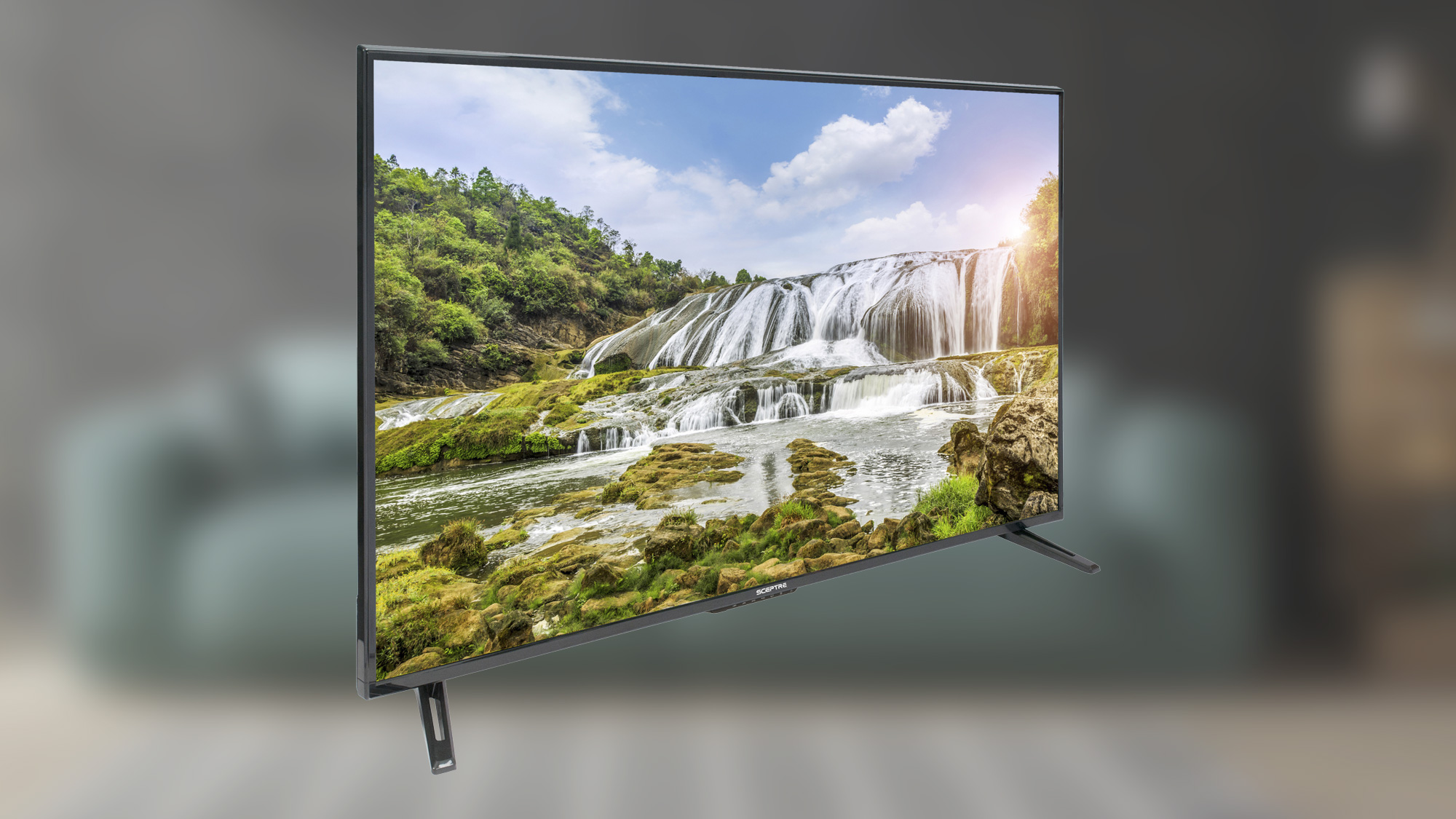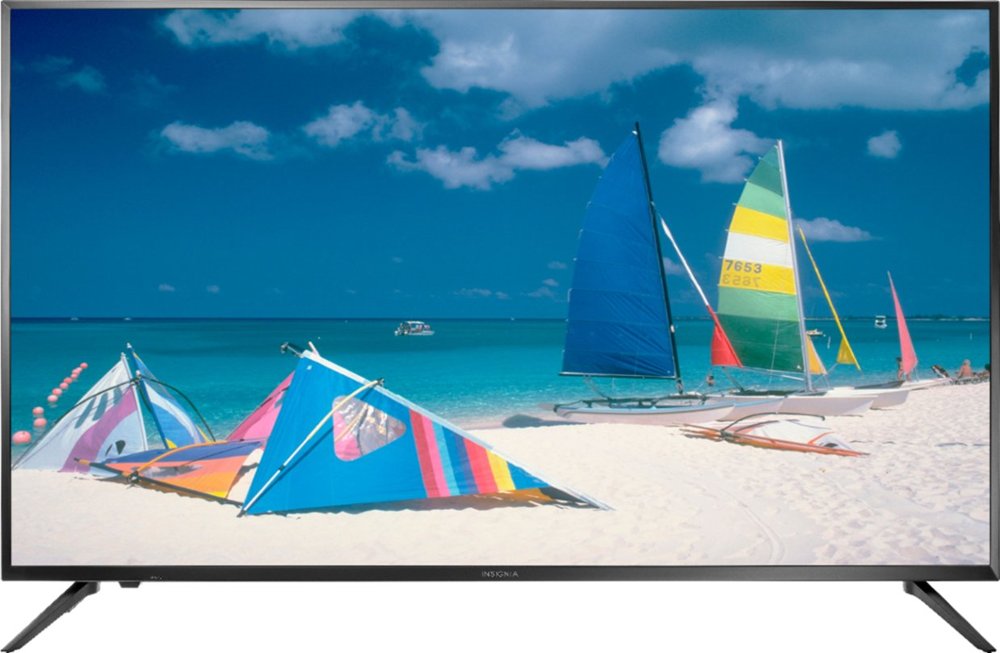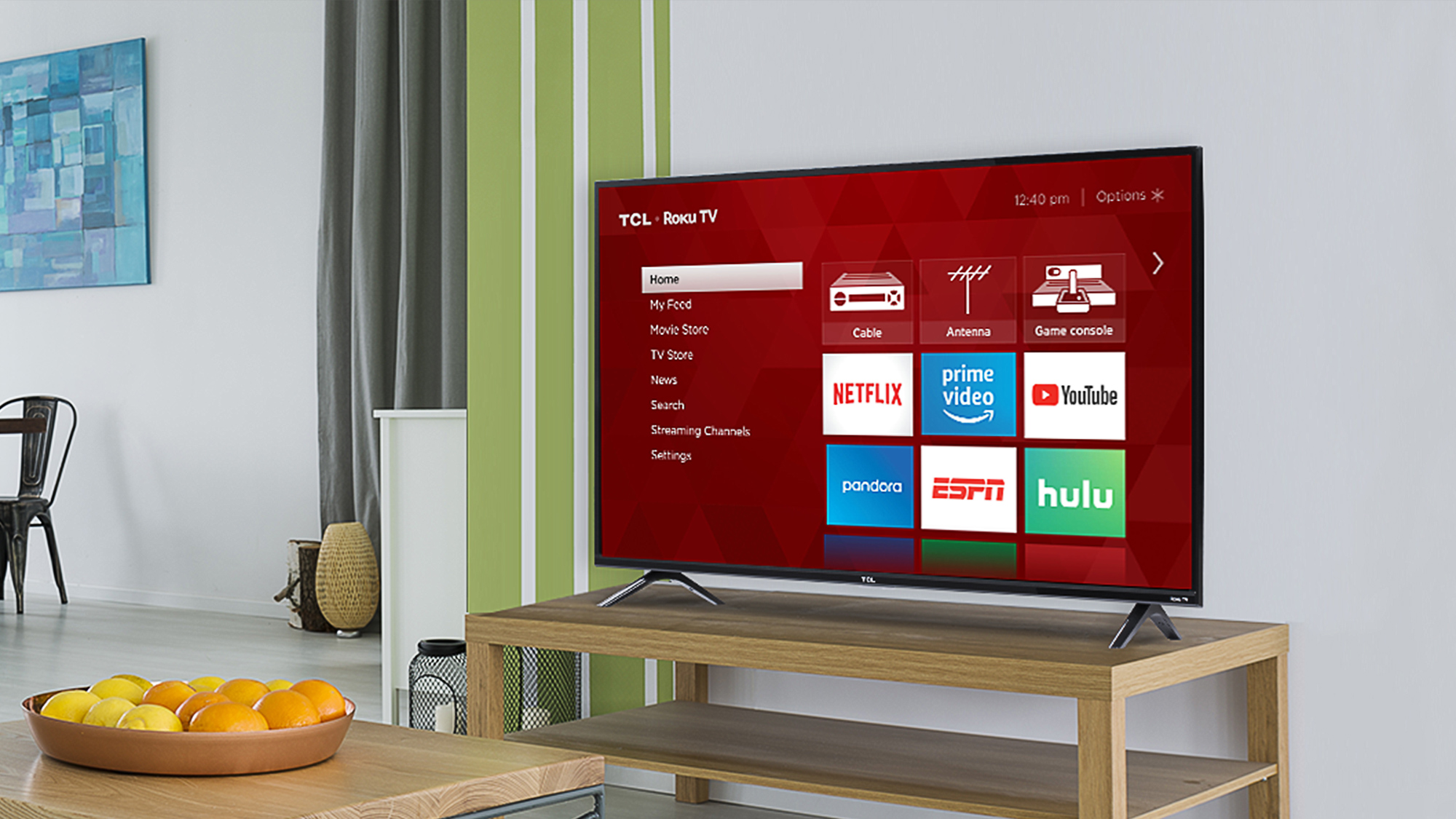
One of the biggest questions we're asked here at Tom’s Guide is, "Where can I find a dumb TV?" As it turns out, there are still thousands of people out there who’d rather not have a TV with a built-in smart platform, even if it's one of the best smart TVs. So where can they find them?
Unfortunately, the answer is that there are less than a half-dozen of these dumb TVs left on the market — and the ones that are left are usually the bottom-shelf models.
That’s because, for a number of reasons, it’s cheaper and more profitable for TV makers to simply include a smart platform with every TV they ship out. It’s actually a major reason why TVs have become so much cheaper in the last decade — with a smart platform, TV makers can sell the hardware at cost or even take a small loss, but in the end make money through the advertising that shows up on the homescreen.
So what can you do if you don’t want a TV that’s constantly being updated to show you the latest advertisements? Buying one of the last remaining dumb TVs might be an option for you, but if you want a quality TV you’re going to have to find a way to limit its access to the internet — or even cut it off completely.
Here’s the whole story of what happened to dumb TVs, where you can find the last remaining survivors and, finally, how you take a smart TV and turn off all of its targeted advertising features.
Why are almost all TVs smart now?
Despite a number of times when they were caught listening in on conversations and in spite of their incessant targeted advertising, smart TVs are incredibly popular. Instead of forcing you to buy an additional piece of hardware like a streaming device or a game console, smart TVs allow you to stream movies and shows from services like Netflix, Hulu, HBO and more straight from your homescreen.
They get more control over the content they consume, more control over costs, and more enjoyable user experiences overall."
Miriam Palomo
According to Miriam Palomo, Digital Marketing Manager at 42matters, a Market-Leading Mobile & CTV App Intelligence agency, "The primary reasons are pretty straightforward: They get more control over the content they consume, more control over costs, and more enjoyable user experiences overall. In other words, instead of paying for bulky cable TV packages with thousands of channels they'll never watch, consumers are opting for CTV (Connected TVs) to curate their experiences as they go."
Get instant access to breaking news, the hottest reviews, great deals and helpful tips.
To summarize: One of the main reasons TV makers continue to make smart TVs is that there’s a large majority of people that actually really enjoy this added functionality — and, at this point, it’s something that we’ve come to expect from a new TV.
The other answer, however, is that TV makers can actually profit off smart platforms. If a TV maker uses its own proprietary smart platform, it can sell advertisements on that platform, directly profiting from you seeing the ads that show up on your homescreen. If a TV maker licenses a smart platform from, say, Roku or Google, the TV maker might earn money by using that platform. According to some industry insiders who spoke to The Intercept in 2021, Google pays between $12 and $15 per unit to a manufacturer like TCL or Hisense per TV that uses Google TV.
If you’re a TV maker, putting a smart platform on your newest TV feels like a win-win. It’s widely requested by consumers and it’s an extra way for you to make money.
Where can you buy a dumb TV?

Again, though, not everyone wants a TV that’s connected to the internet 24/7. So what can you buy off the shelf that doesn’t come with any connected TV platform?
Your best bet of grabbing one is to head over to Best Buy and look out for the Insignia brand of TVs. There you can find a 43-inch dumb TV for around $169 or a 32-inch model for $69 . (Links to Best Buy.)
On Amazon, you can simply search for dumb TV and you should be able to find a few options from manufacturers like Westinghouse, RCA or Sceptre. (Links to Amazon.)
As you're going to notice lots of these TVs are extremely affordable, to the point where you might question why they're so cheap. Unfortunately this is because these companies lag behind the competition in terms of performance and quality control.
I wouldn't go as far to say that these TVs aren't worth the sticker price — because there's certainly an audience out there for them — but the vast majority of people who care about picture quality will likely notice the issues with their performance.
How can you turn off a TV’s smart features?

When it comes to disabling a smart TV's features, you have two routes: You can either give it limited access to the internet for updates or disconnect it entirely from the internet. There's good reasons for both, but we think giving it limited access is probably the better option of the two.
To give it limited functionality, turn off all content recommendations and data collection options when setting up the TV. This is usually one of the first things you see when setting up a new TV and is usually right before or after you accept the terms and conditions from the manufacturer. Giving it limited access to the internet will allow it to check for software updates, which in turn often enhance picture performance throughout the lifetime of the TV.
Another route you can go down is to disable its internet connection by going into the settings and deleting any saved internet passwords. If you've used the TV for a long period of time and want to remove any personal data, you can perform a factory reset. However, just be warned, this will also remove any modifications or calibrations you've done to the picture settings. So use this only as a last resort.
How worthwhile is it to jump through all these hoops? Well, if you're someone who's deeply concerned about all the data mining happening in the world today, it's absolutely worthwhile to see what kind of data your TV collects and what it's doing with that data.
That being said, if you don't care that some advertisements are targeted at you because of your age and location, and don't mind the content you watch being used to improve your content recommendation algorithm, then it's not the end of the world if you don't go through the full process.
More from Tom's Guide
- This is the one thing to know before you buy a TV
- TCL’s brand-new 50-inch 4K TV is here — and it’s ridiculously cheap
- The new 'king of 4K TVs' just crowned — and it's this OLED

Nick Pino heads up the TV and AV verticals at Tom's Guide and covers everything from OLED TVs to the latest wireless headphones. He was formerly the Senior Editor, TV and AV at TechRadar (Tom's Guide's sister site) and has previously written for GamesRadar, Official Xbox Magazine, PC Gamer and other outlets over the last decade. Not sure which TV you should buy? Drop him an email or tweet him on Twitter and he can help you out.
 Club Benefits
Club Benefits





